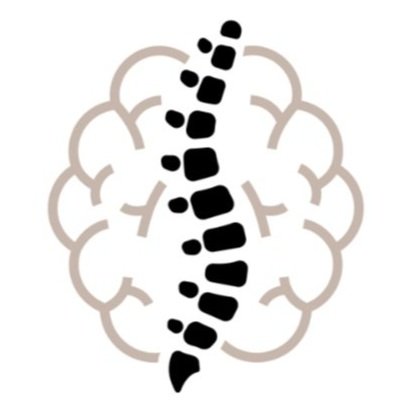Migraines and Pelvic Floor Dysfunction
Did you know there is a connection between migraines and pelvic floor dysfunction? Earlier in my career when I was treating a 100% pelvic floor caseload, I started to notice a trend with my patients with chronic pelvic pain. A large number of my patients with chronic pelvic pain disorders were also experiencing migraine headaches. I wanted to spend some time talking about how these conditions may be connected.
Tension. Migraines typically have a muscular tension component, and this goes for pelvic floor dysfunction as well. I find that many of my patients who carry tension in their head, neck, jaw, and shoulders also carry tension in the muscles surrounding the pelvis. This is likely due to the deep front fascial line which encompasses muscles from the head down to the toes.
Breathing mechanics. The diaphragm is our main muscle of respiration, but it is common for breathing mechanics to become dysfunctional. Dysfunctional breathing causes us to use the accessory muscles in our neck to get a good breath of air. If you are breathing with your neck muscles instead of your diaphragm, your ribcage can’t expand fully. If your diaphragm isn’t moving as it should, neither is your pelvic floor. This can lead to pelvic floor dysfunction.
Gastrointestinal function. Yes, as a pelvic floor therapist, a big part of my job is talking to my patients about pooping. Pooping is a normal part of life and it can tell a lot about how our body is functioning! Some research shows a correlation between constipation and migraines. This could be due to chronic straining which can increase pelvic floor muscle tone and disrupt proper breathing mechanics. Or it could be due to our body not being able to fully eliminate toxins through our stool, which can contribute to inflammation in the body.
The Nervous System. Our nervous system regulates everything that is happening in our body, including how our body responds to external stressors. Cranial nerve X, or the Vagus nerve, is part of our autonomic nervous system and helps regulate breathing, digestion, heart rate, and many other involuntary functions. When functioning properly, the vagus nerve allows us to achieve homeostasis (our body’s natural state of equilibrium). When not functioning properly, we can experience symptoms like pain, mood changes, muscle tension, and gastrointestinal upset, which can affect both headaches and pelvic floor function. I could go on forever talking about this incredible nerve and how to improve its function, but we will save that for a future post ;)
Head to toe, our bodies are connected. Using this line of thinking can make it easier to trust the process of PT, especially when your therapist suggests that you get new shoes to help with your headaches!
If you are experiencing pelvic floor dysfunction or headaches, our clinic provides a unique and tailored treatment experience to help you get out- and stay out- of pain. Schedule a visit today or book a free 15 minute phone consult below!

